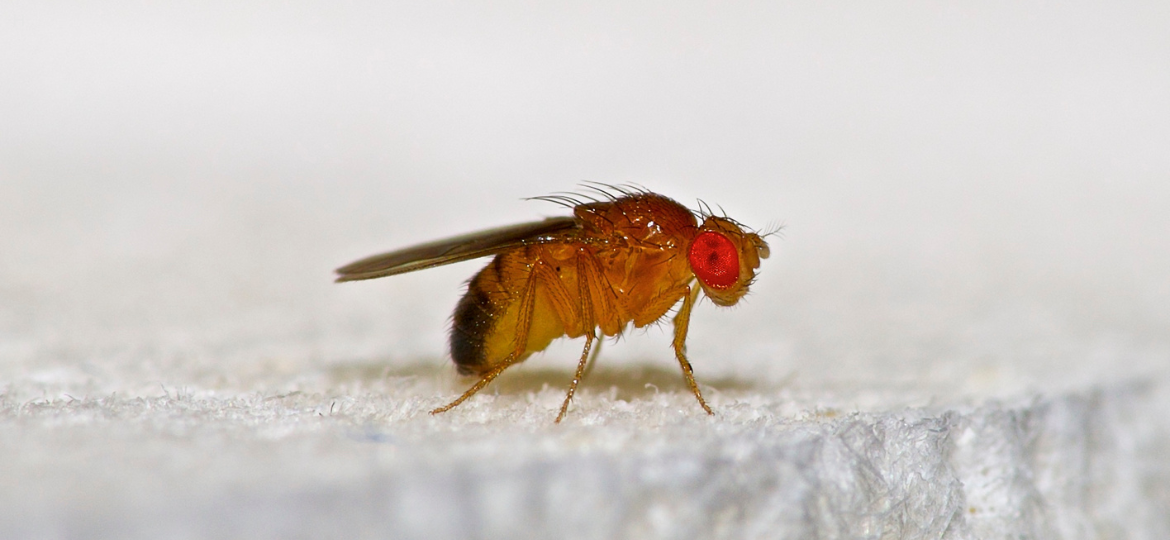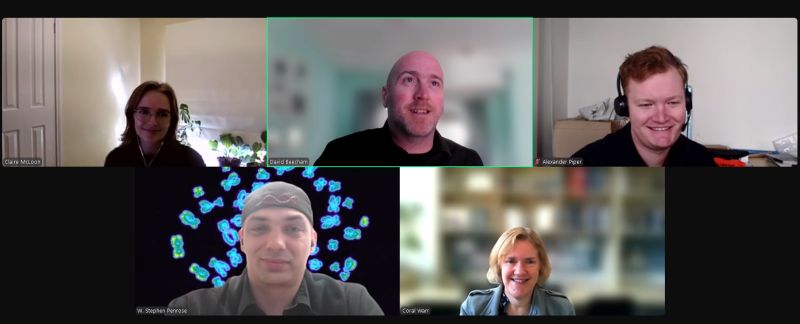
Identification of odorant receptors involved in host location in Queensland fruit fly
Brings together School of Agriculture, Biomedicine and Environment, La Trobe University and Agriculture Victoria. This collaborative effort brings together academic expertise with industry insights to drive innovation and create real-world impact.
Project Overview:
The project, titled “Identification of odorant receptors involved in host location in Queensland fruit fly”, focuses on the Queensland fruit fly (Qfly), Australia’s most significant horticultural insect pest. It seeks to identify odorant receptors that underpin host-seeking behaviour and will support the development of new approaches to attract Qfly to traps or disrupt its ability to locate and infest host crops.
In this collaboration, Professor Coral Warr of La Trobe University provides expertise in the insect odorant receptor family, while Drs Paul Cunningham and Alexander Piper from Agriculture Victoria bring knowledge of Qfly chemical ecology, unique genomic resources, and expertise in insect pest control approaches.

Sustainable and integrated pest management is a major priority for Agriculture Victoria, and the outcomes of this project could translate into highly innovative new practical solutions for the horticultural industry, strengthening the position of Agriculture Victoria as a key player in agricultural research and innovation.
From the university’s perspective, this collaboration leverages Agriculture Victoria’s resources to support its priority research area of agriculture and food and the work of the La Trobe Institute for Sustainable Agriculture and Food.
W. Stephen Penrose is excited to undertake this project and its potential outcomes for the horticultural industry. “Bringing together the various disciplines of molecular biology, ecology and bioinformatics and then seeing how they come comes together beyond my project helps keep me driven.” The range of expertise and connections gained throughout the project will make them a highly attractive prospect for future employment.Thanks to Claire McLoon at La Trobe for assisting with this project.